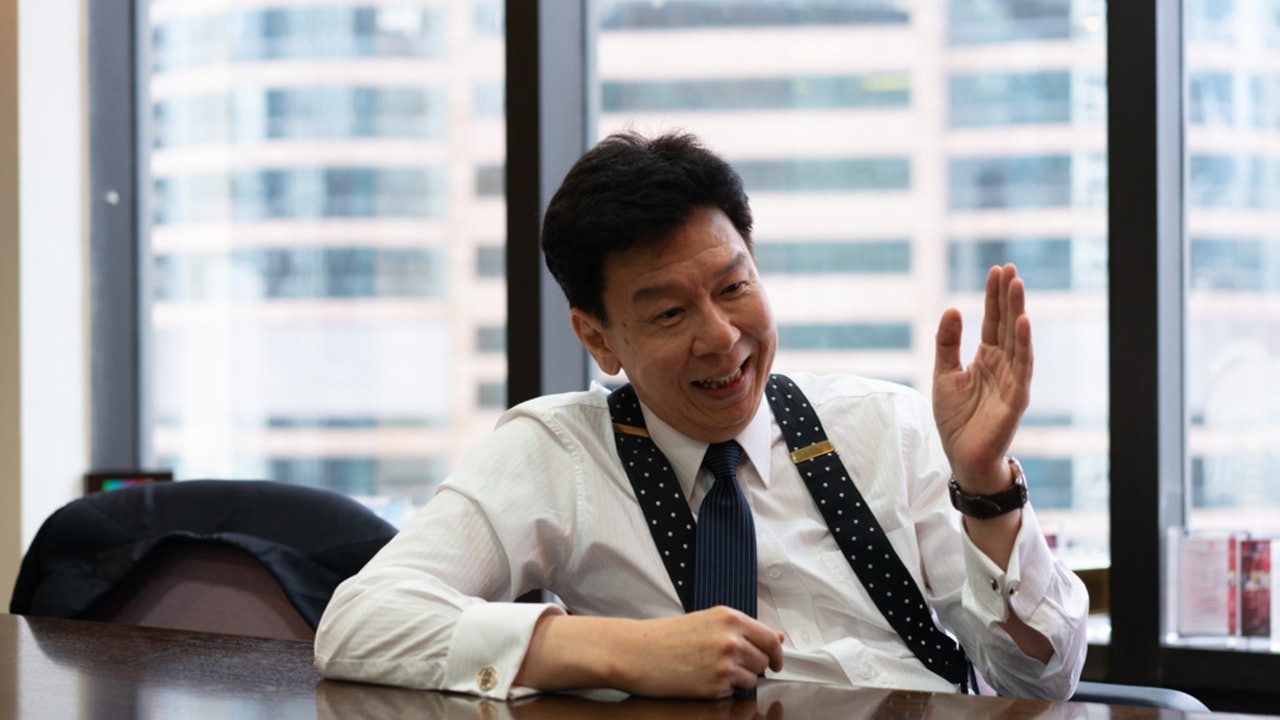The Court of Final Appeal ruled that the common law "principle of joint criminality" does not apply to cases of illegal assembly and riots. Simply being at the scene does not incur any criminal liability.
The former president of the Law Society, Xiong Yunxin, said on the Hong Kong and Taiwan program "Millenniums" today (5th) that the final court pointed out the original legislative spirit of the two charges and does not think it will affect the threshold of conviction and proof.
Xiong Yunxin stated that the ruling clarified the elements of the crime of illegal assembly and riots. Both crimes involved "participation in collectives," which means that riots require the participation of three or more people. Participants must be aware that they are involved in violent acts.
He emphasized that in addition to proving that the defendant was on the scene, the prosecution must also provide evidence for other acts of the defendant, such as violent and illegal acts or encouraging people present to disrupt public order.
Xiong Yunxin mentioned that even if he is not at the scene of the riot, he can be regarded as an "accomplice". For example, he called on other people to commit violence beforehand, was responsible for preparing helmets, masks and other materials, or driving to help others escape, although it does not apply to the principle of joint crime. "However, if they have the opportunity to be seen as inciting, assisting, and abetting riots, they must also bear criminal responsibility.
With regard to "incomplete crimes," Xiong Yunxin cited as an example, if someone was planning to break into the house and try to pry open the gate to enter the house, he was intercepted by the police. This is an attempt to commit the crime of entering the house." This is an "incomplete crime." He emphasized that the prosecution must prove that the defendant's behavior was the last step.
Senior Counsel Tong Jiahua pointed out that "participation" is one of the important conviction elements, and the prosecution must prove that the defendant participated in it through words, clothing, etc.
(Data Picture/Photo by Lin Ruoqin)
Senior Counsel Tang Jiahua said yesterday that the ruling clarified the focus of the conviction and believed that it would not raise the threshold for prosecution, nor would it constitute a legal loophole.
Tang Jiahua also pointed out that "participation" is one of the important elements of conviction. The prosecution must prove that the defendant was involved in the scene through words and clothing. Therefore, the prosecution's evidence should not be limited to criminal intent, but also examine the defendant's behavior. .
The dispute over whether the two riots in Tangduhuo and other cases could prosecute the participants who were not at the scene. The final court ruled on Thursday that “Going to Tangduhuo” will ultimately win the case.
01News

